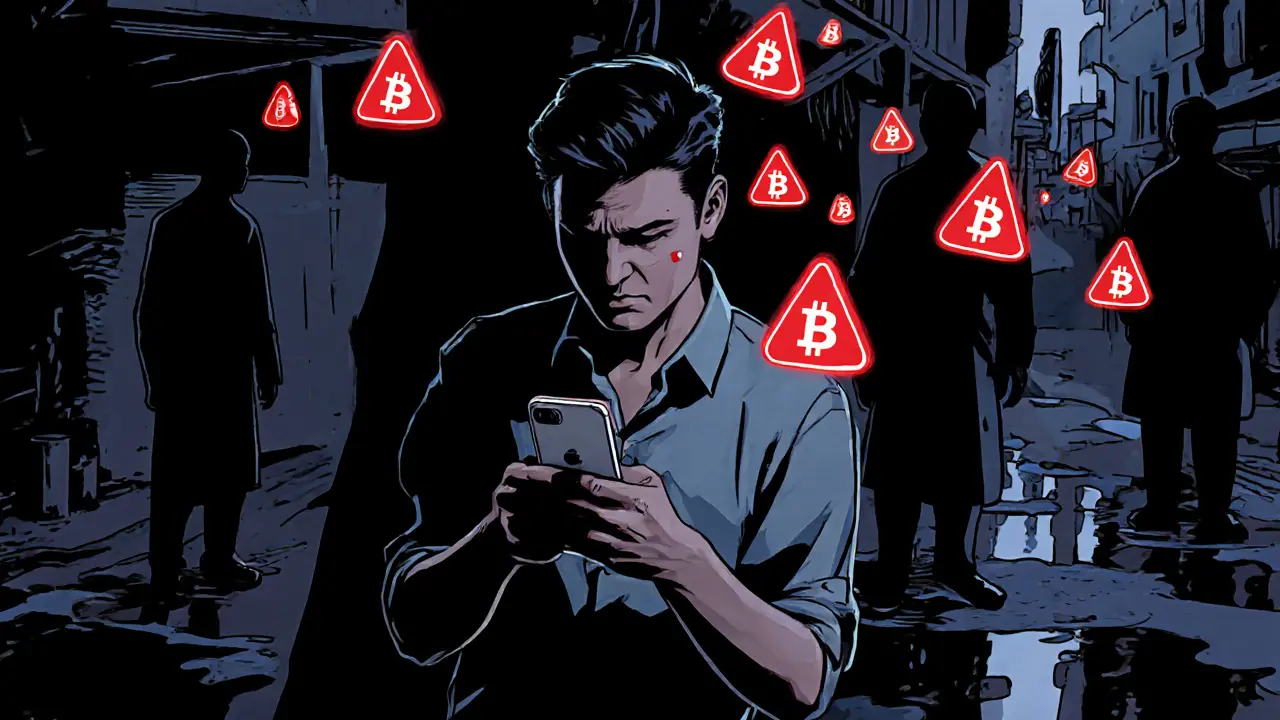Cryptocurrency Legality in Bangladesh
When it comes to cryptocurrency legality in Bangladesh, the official stance is a complete ban on using digital currencies for transactions, payments, or trading. Also known as crypto prohibition in Bangladesh, this rule is enforced by the Central Bank of Bangladesh, which has repeatedly warned that using Bitcoin, Ethereum, or any other crypto is illegal under the country’s Foreign Exchange Regulation Act. Unlike countries like El Salvador or Turkey, where crypto is regulated or partially accepted, Bangladesh treats crypto as a financial risk that could destabilize its currency and banking system.
The Bangladesh crypto ban isn’t just a guideline—it’s backed by legal action. In 2023, authorities froze bank accounts linked to crypto trading, and several individuals were prosecuted for using peer-to-peer platforms to buy Bitcoin. Even though people still trade informally through P2P apps like Binance P2P or LocalBitcoins, they do so at risk. There’s no legal protection if you get scammed, and banks can shut down your account without warning. The crypto enforcement Bangladesh efforts focus on tracking bank transfers and blocking payment gateways tied to crypto exchanges, making it harder than ever to move money in or out of digital assets legally.
What’s interesting is that while crypto trading is banned, the government hasn’t cracked down on blockchain research or educational content. Many students and developers in Dhaka and Chittagong still study smart contracts and decentralized tech—just without touching real crypto. Meanwhile, neighboring India and Sri Lanka have moved toward regulated frameworks, but Bangladesh remains one of the strictest in South Asia. The crypto regulations Bangladesh haven’t changed since 2017, and there’s no public sign of reform, even as global CBDC projects grow. For now, if you’re in Bangladesh and want to use crypto, you’re operating outside the law—and you’re on your own if things go wrong.
Below, you’ll find real cases, enforcement reports, and comparisons with other countries that show exactly how tight the rules are—and what happens when people ignore them.

Bangladesh bans Bitcoin trading, but enforcement targets money movement, not ownership. Learn how authorities track users, the real legal risks, and why people still trade despite prison sentences and asset seizures.
Continue Reading





